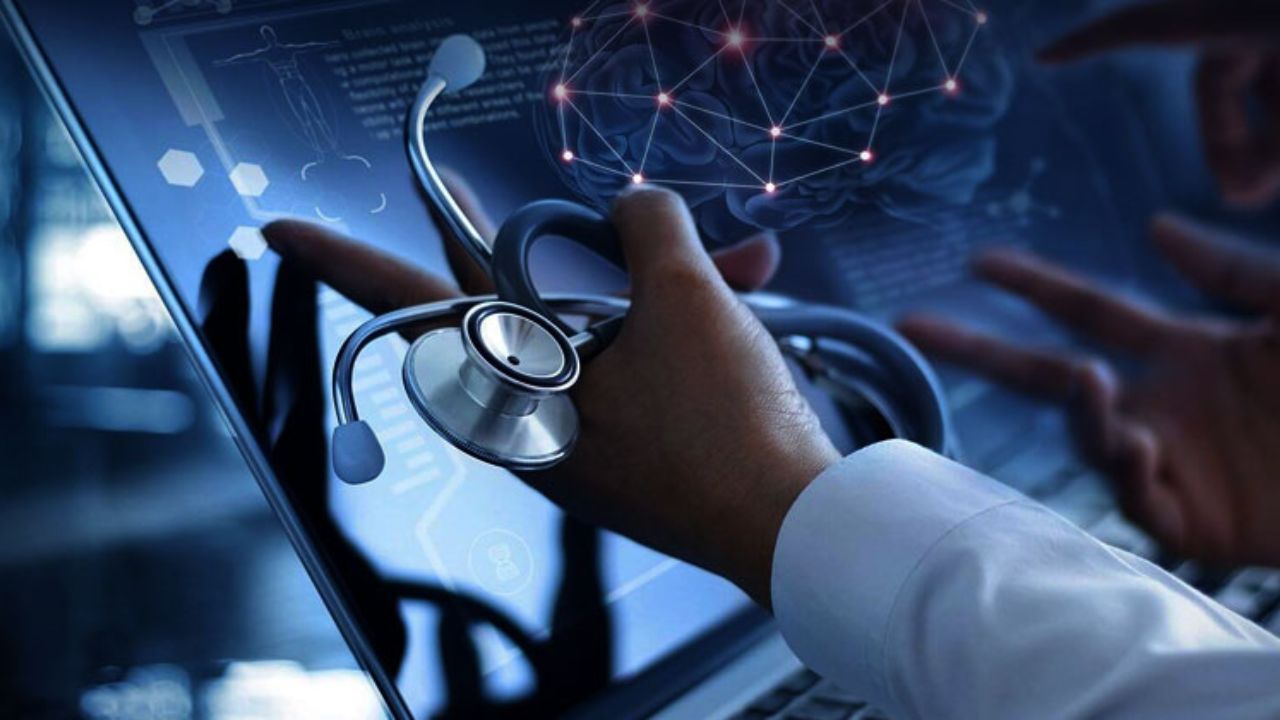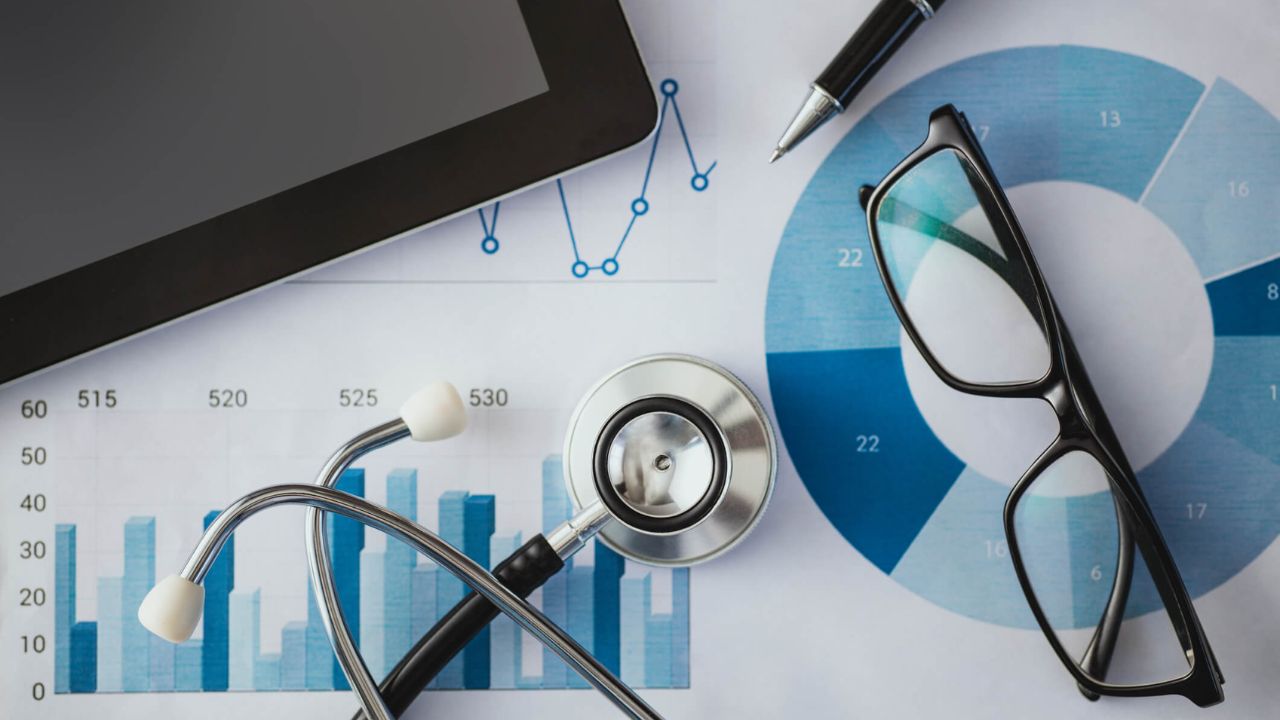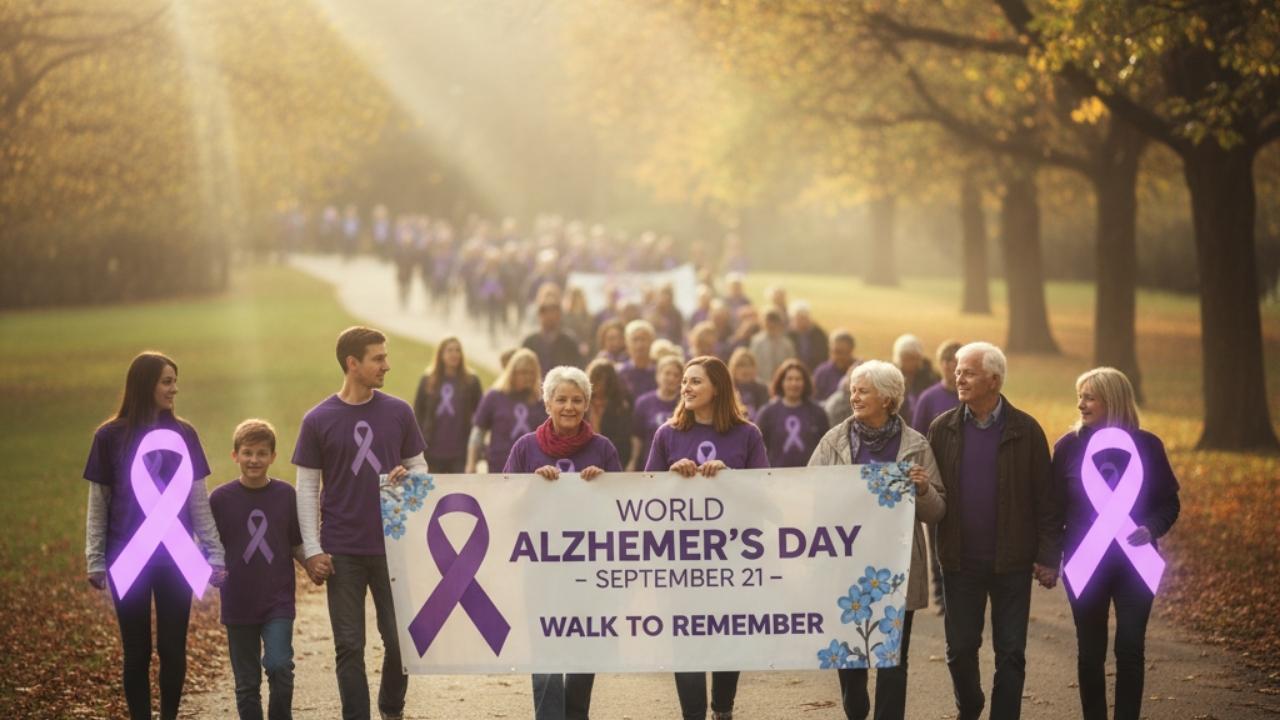
Post by : Zayd Kamal
In the fast-paced world of healthcare, the intersection of technology and patient care has never been more critical. Data Science in Healthcare: Improving Patient Outcomes is not just a catchphrase; it’s a revolutionary approach that is reshaping how medical professionals interact with data and ultimately, how they deliver care. From predictive analytics to personalized treatment plans, data science is paving the way for better health outcomes. This article delves into the various facets of data science in healthcare, showcasing its significance and the transformative effects it can have on patient care.
At its core, data science involves the extraction of insights from vast amounts of data. In healthcare, this can encompass patient records, clinical trials, genomic data, and even real-time health monitoring through wearables. By employing statistical analysis, machine learning algorithms, and data visualization techniques, healthcare providers can uncover patterns and insights that were previously obscured. This enables more informed decision-making and proactive healthcare solutions.
One of the most significant applications of data science in healthcare is predictive analytics. By analyzing historica l patient data, healthcare providers can identify trends and anticipate future events. For instance, predictive models can forecast hospital admissions, helping facilities prepare for surges in patient volume. This proactive approach can significantly enhance resource allocation and staffing, ultimately leading to improved patient care.
l patient data, healthcare providers can identify trends and anticipate future events. For instance, predictive models can forecast hospital admissions, helping facilities prepare for surges in patient volume. This proactive approach can significantly enhance resource allocation and staffing, ultimately leading to improved patient care.
Consider a hospital that utilizes predictive analytics to identify patients at risk for chronic conditions, such as diabetes or heart disease. By analyzing factors like age, weight, family history, and lifestyle choices, the hospital can flag high-risk individuals for early intervention. These interventions can include tailored educational programs, regular check-ups, and lifestyle modification support, ultimately reducing the incidence of severe complications and improving patient outcomes.
Data Science in Healthcare is also driving the movement toward personalized medicine. This innovative approach involves tailoring treatment plans to individual patients based on their unique genetic makeup, lifestyle, and environment. With the help of genomic data and machine learning, healthcare providers can offer treatments that are specifically designed for each patient, rather than a one-size-fits-all approach.
In cancer treatment, for instance, data science allows oncologists to analyze the genetic markers of a tumor. By understanding the specific mutations present, they can recommend targeted therapies that are more likely to be effective for that particular patient. This not only improves the chances of successful treatment but also reduces unnecessary side effects, enhancing the overall patient experience.
In addition to improving patient outcomes directly, data science in healthcare plays a crucial role in enhancing operational efficiency within healthcare organizations. By analyzing workflow data, hospitals can identify bottlenecks in patient care, optimize scheduling, and streamline administrative tasks.
For example, a healthcare facility might use data analytics to monitor patient flow in real time. By assessing the time it takes for patients to be seen by a physician, for instance, administrators can pinpoint delays and make adjustments. This could involve reallocating staff during peak times or implementing new technologies to speed up check-in processes. The end result is a more efficient operation that directly impacts patient satisfaction and outcomes.

With the rise of wearable technology and mobile health apps, real-time health monitoring has become a significant aspect of data science in healthcare. Patients can now track their health metrics continuously, providing valuable data to healthcare providers. This ongoing data collection enables clinicians to monitor patients more closely and intervene promptly when issues arise.
For patients with chronic conditions, such as hypertension or diabetes, real-time monitoring can be life-changing. Healthcare providers can receive alerts if a patient’s readings fall outside of a healthy range, allowing for immediate intervention. This level of monitoring helps in managing conditions more effectively and preventing hospital readmissions, leading to better health outcomes.
While the benefits of data science in healthcare are immense, it’s essential to address the ethical considerations and challenges that come with it. Issues such as data privacy, security, and the potential for algorithmic bias must be taken into account. Healthcare organizations must ensure that patient data is handled responsibly and that algorithms are developed with fairness in mind to avoid perpetuating health disparities.
Data Science in Healthcare: Improving Patient Outcomes is all about using smart technology to make healthcare better for everyone. This means doctors can look at lots of data—like patient records and health trends—to find ways to help people stay healthy. Data Science in Healthcare: Improving Patient Outcomes helps doctors predict when patients might need extra care, allowing them to act before problems get worse. It also means treatments can be personalized, meaning every patient gets the best care just for them. By using Data Science in Healthcare: Improving Patient Outcomes, hospitals can work more efficiently, making sure patients get seen faster and more effectively. With real-time health monitoring, patients can keep track of their health, helping everyone stay on top of their well-being. Overall, Data Science in Healthcare: Improving Patient Outcomes is making a big difference in how we take care of our health
This article is provided by the DXB News Network for educational purposes. The information about Data Science in Healthcare: Improving Patient Outcomes is meant to be simple and understandable for readers of all ages. Always consult a healthcare professional for personal medical advice. Remember, while Data Science in Healthcare: Improving Patient Outcomes can help, it’s important to seek expert help when needed.
Data Science, Healthcare, Patient Outcomes, Predictive Analytics, Personalized Medicine, Real-Time Monitoring, Chronic Disease Management, Health Data, Machine Learning, Healthcare Efficiency, Health Technology, Data Privacy, Algorithmic Bias, Patient Care, Healthcare Innovation

September 21 Marks World Alzheimer s Day Spreading Hope and Support
World Alzheimer s Day 2025 spreads awareness supports caregivers and inspires hope for better care

Massive Wildfires Rage in Portugal and Spain Threatening Homes
Hundreds of firefighters battle fierce wildfires in Portugal and Spain as authorities work to protec

At Least 60 Dead in Night Attack on Village in Nigeria’s Borno State
Armed fighters attack Darul Jamal village in Nigeria, killing over 60, including soldiers as residen

National Nutrition Week 2025 Highlights Importance of Healthy Eating
National Nutrition Week 2025 promotes smart eating balanced diets and healthy living for all ages

UAE Sends First Medical Aid to Support Earthquake-Affected Afghanistan
Emirati relief team delivers urgent medical aid to Afghanistan after earthquake, helping local hospi

UAE President Visits ADIHEX 2025 to Celebrate Heritage and Innovation
UAE President visits ADIHEX 2025, exploring Emirati culture, falconry, and equestrian innovations pr

Dubai RTA Expands Road Eases Traffic & Parking
Dubai's RTA finishes major road upgrades, adds parking spaces, cycling tracks, and improves traffic

At Least 60 Dead in Night Attack on Village in Nigeria’s Borno State
Armed fighters attack Darul Jamal village in Nigeria, killing over 60, including soldiers as residen

Ronaldo Shines with Two Goals as Portugal Beats Armenia 5-0
Cristiano Ronaldo scored twice as Portugal started World Cup qualifying with a 5-0 win over Armenia

Justin Bieber Drops Eighth Studio Album Swag II Fans Excited
Justin Bieber surprises fans with Swag II, his eighth album featuring 23 new tracks and collaboratio

Venice Film Festival 2025 ends with surprise winners and strong messages
Jim Jarmusch’s film wins Golden Lion at Venice Film Festival 2025, amid strong performances emotiona

Kurt Russell Joins Yellowstone Spinoff 'The Madison' as Star & Producer
Kurt Russell returns to TV in Yellowstone spinoff 'The Madison', joining Michelle Pfeiffer in a stor

Australia funds $72M for medical research in Asia-Pacific
Australia invests $72M to support medical research, vaccines, and health solutions across Southeast

UPU launches solution to restart US mail delivery
Mail to the US dropped 80% after duty-free exemption ended; UPU launches a tool to calculate duties

UAE karate team shines with silver and bronze at Asian event
UAE athletes Sheikha Al Yafei and Rashid Al Suraidi win silver and bronze at the Asian Karate Champi